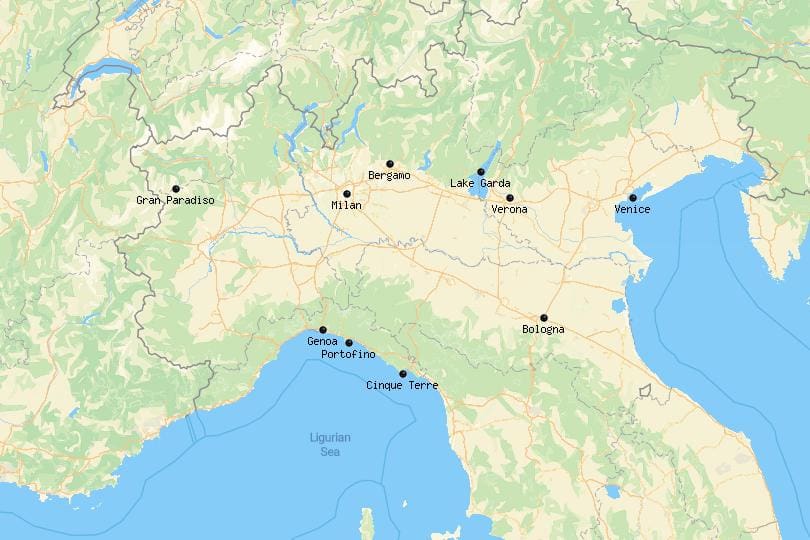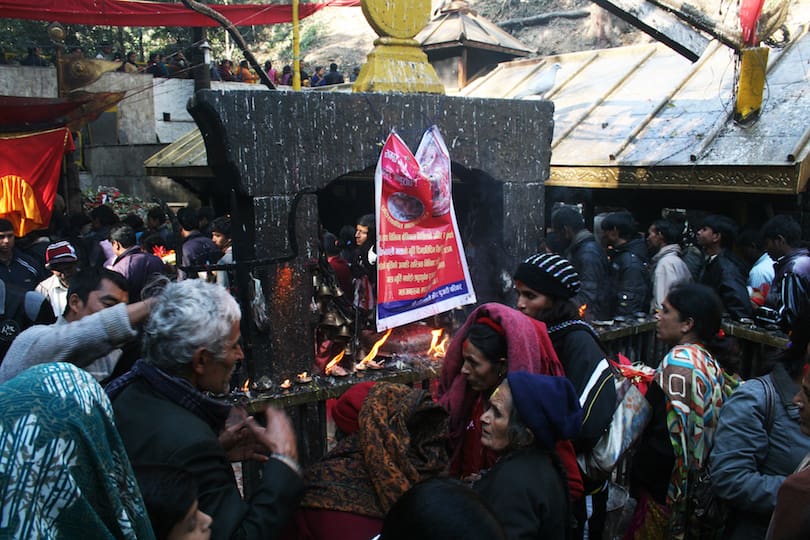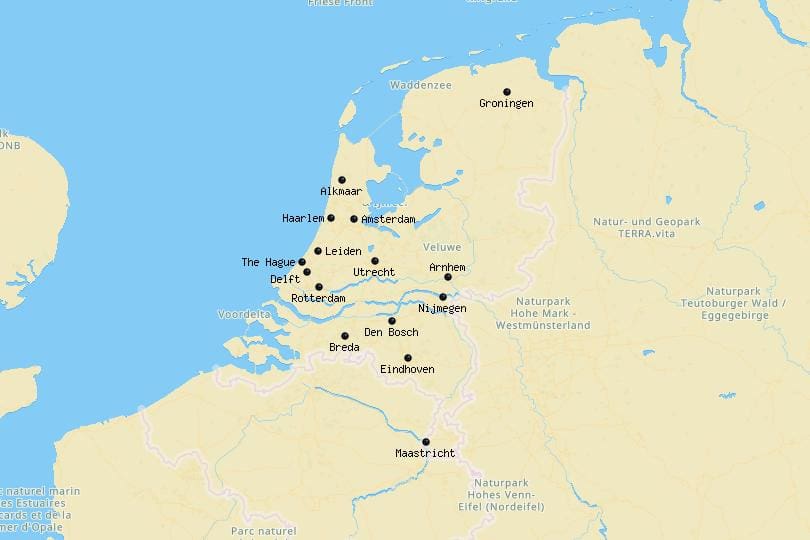Discover the potential risks of traveling to rural areas with children and how to ensure a safe and enjoyable family adventure. Learn about safety measures, health precautions, and more in this informative guide.
Introduction
Traveling to rural areas with children can be a rewarding experience, allowing families to connect with nature and local culture. However, it’s essential to be aware of the potential risks involved in such journeys to ensure the safety and well-being of your little ones. In this comprehensive guide, we will delve into the various risks associated with traveling to rural areas with children and provide valuable insights and tips on how to mitigate them. Whether you’re planning a camping trip, a visit to a remote village, or a nature-oriented adventure, this article will equip you with the knowledge you need to make your journey enjoyable and safe.
Risks Of Traveling To Rural Areas With Children
Traveling with children to rural areas presents a unique set of challenges and risks. It’s crucial to understand these risks to adequately prepare and plan for your trip. Here, we explore the various risks associated with this type of travel:
Uneven Terrain and Safety Hazards
Rural areas often have uneven terrain, which can be hazardous for children. Slippery paths, rocks, and tree roots can lead to falls and injuries. Additionally, there may be hidden dangers like wild animals, thorny plants, or insect nests. It’s vital to be vigilant and choose suitable footwear and clothing for your children.
Limited Medical Facilities
Remote rural areas may have limited access to medical facilities. In case of accidents or sudden illnesses, getting prompt medical attention can be challenging. Carry a well-stocked first aid kit and any necessary medications. Research nearby healthcare facilities before your trip and have a plan in place.
Inadequate Sanitation and Hygiene
Some rural areas may lack proper sanitation and hygiene facilities. This can increase the risk of infections and gastrointestinal illnesses for children. Pack essential hygiene items like hand sanitizers, wet wipes, and clean drinking water. Educate your children about good hygiene practices.
Communication Challenges
In remote rural areas, you may encounter communication challenges due to poor network coverage. It’s crucial to have a reliable means of communication in case of emergencies. Consider satellite phones or two-way radios and inform someone about your itinerary.
Weather-Related Risks
Rural areas are often susceptible to extreme weather conditions, such as storms, floods, or extreme heat. These conditions can pose risks to children’s safety. Stay updated on weather forecasts and be prepared with appropriate clothing and shelter options.
Cultural Sensitivity
Understanding and respecting local customs and traditions is essential when traveling with children. Inappropriate behavior can lead to uncomfortable situations or even conflicts. Research the local culture in advance and teach your children about it.
Food Safety
Rural cuisine can be delicious, but it may differ significantly from what your children are accustomed to. Be cautious about food safety to prevent foodborne illnesses. Stick to well-cooked, hot meals from reputable sources.
Wildlife Encounters
Encounters with wildlife are more common in rural areas. While these can be thrilling experiences, they also carry risks. Teach your children about wildlife safety, such as maintaining a safe distance and not approaching unfamiliar animals.
Water Safety
If your rural trip includes water activities, ensure your children are well-versed in water safety. Use life jackets, supervise them closely, and choose safe swimming areas.
Travel Fatigue
Long journeys to rural areas can be tiring for children. Plan regular breaks, bring entertainment like books or games, and consider their comfort during travel.
FAQs (Frequently Asked Questions)
Is it safe to travel to rural areas with children?
Traveling to rural areas with children can be safe if you take necessary precautions. Be aware of the potential risks and plan accordingly.
How can I prepare for medical emergencies in rural areas?
Carry a comprehensive first aid kit, necessary medications, and research nearby healthcare facilities. Have a communication plan for emergencies.
What should I pack for my children when traveling to rural areas?
Pack suitable clothing, comfortable footwear, hygiene items, insect repellent, sunblock, and any special items your children may need.
Are there any vaccines required before traveling to rural areas?
Consult with a healthcare professional about necessary vaccinations or preventive medications based on your destination.
How can I keep my children entertained during long journeys to rural areas?
Bring books, games, and other entertainment. Plan breaks for rest and play.
Is it essential to learn about the local culture before visiting rural areas?
Yes, understanding and respecting local customs is vital to ensure a positive and respectful experience for your family.
Conclusion
Traveling to rural areas with children can be an enriching adventure, but it comes with its share of risks. By staying informed, planning meticulously, and taking necessary precautions, you can minimize these risks and create lasting memories with your family. Remember to prioritize safety, hygiene, and cultural sensitivity throughout your journey. Embrace the opportunity to connect with nature and immerse yourselves in the beauty of rural life while ensuring the well-being of your loved ones.

















I wish to show thanks to you for bailing me out of this crisis. After scouting throughout the online world and coming across solutions which are not powerful, I assumed my life was over. Being alive minus the approaches to the problems you’ve sorted out by way of your article content is a critical case, as well as ones which might have negatively affected my career if I had not come across your web site. Your actual understanding and kindness in touching the whole lot was invaluable. I’m not sure what I would’ve done if I hadn’t discovered such a stuff like this. I am able to now look ahead to my future. Thanks very much for this reliable and results-oriented guide. I will not think twice to recommend your blog post to any person who needs to have recommendations on this situation.
You are my breathing in, I own few blogs and very sporadically run out from to brand : (.
Very interesting topic, thankyou for putting up.